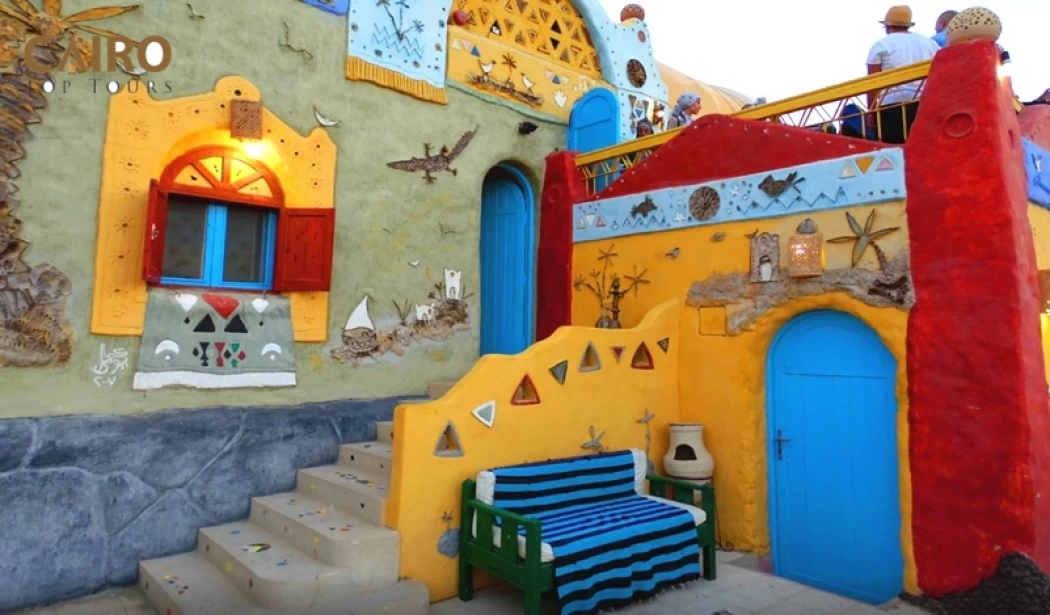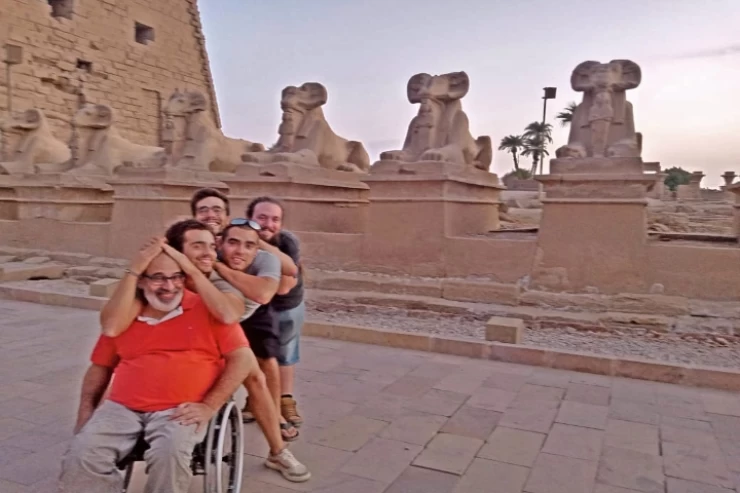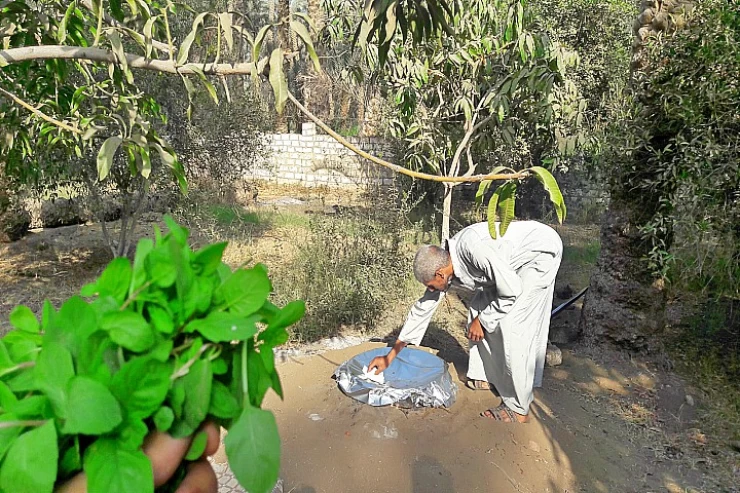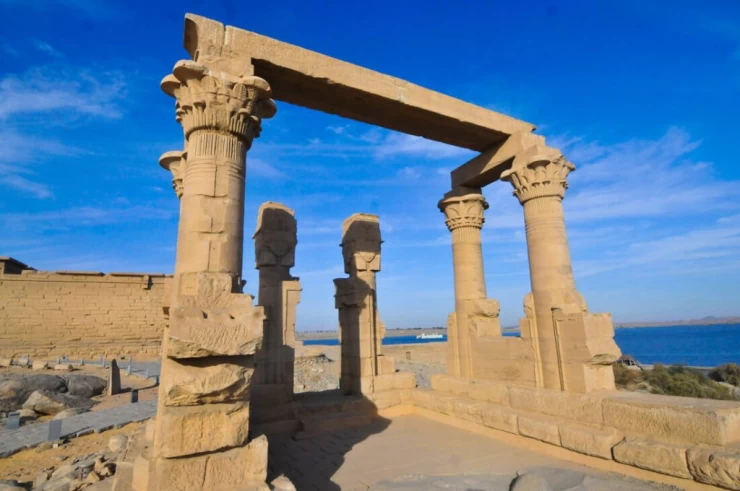
The Nubian Village
The Nubian Village
The land of Nuba, also known as the Land of Gold, got its name from the word nub, which means gold in ancient Egyptian, because one of the biggest gold mines in the region is located in the Al-Alaqi area, south of Aswan, Egypt.
The Nubians are an ethno-linguistic group of Africans indigenous to present-day Sudan and southern Egypt, originating from the first inhabitants of the central area of the Nile Valley. It is considered one of the first cradles of civilization.
Regularly visited by travelers through Egypt Day Tours, especially Aswan day tours from your Aswan edifice or Egypt Nile River cruise. Depending on the weather and stream conditions, you may travel either by an ancient sailing ship sailboat or by a contemporary boat.
Why is the Nubian Village Different from Other Places?
1. A Cultural Hub
Dusky people are known for their hospitality, and there is little opportunity to visit their villages to share their culture. Locals welcome visitors into their homes to share stories, offer the Nubian tea, and show their crafts—from handwoven baskets to the understandably colorful scarves—and leave a footprint in the village for other one-of-a-kind souvenirs.
2. The Famous Crocodile Houses
One of the interesting things about the Nubian Village is its 'crocodile houses.' Many families keep crocodiles in separate areas of their houses to symbolize something that is supposed to keep the family safe and strong. This custom dates back to antiquity and adds a scintillating dimension to your visit.
3. Authentic Nubian Cooking
Food lovers can have a taste of the real Nubian delicacies, which take age-old recipes to prepare soul foods. Enjoy dishes such as tagines, fresh Nile fish, and delicious bread baked in traditional clay ovens. Each meal is a culinary journey deep into the heart of Nubian culture.
4. Unique Shopping
The Village is a place of artisanal craftsmanship where one can shop for handmade jewelry, pottery, spices, and textiles in brilliant hues. These items, however, are hardly beautiful as mementos of one-time visits but also carry deep cultural heritage for those invested in Nubian artisanship.
5. Beautiful Wild Nature
Golden dunes, shady palm groves filled with sounds of songbirds, and shimmering waters of the river surround the village on the western bank of the Nile. A ride by boat towards the village at sunset turns into a magical experience, the breathtaking view immortalized in your memory.
Nubian Villages in Aswan
It is one of the oldest populations in the world, so much so that its look dates back to five thousand years before the birth of Christ, when Egypt was divided into two kingdoms in the north and the south before King Menes unified the two lands, declaring sovereignty and beginning the pharaonic era by the 1st dynasty inside the old kingdom.
King Menes | Narmer | 1st King of Unified Egypt
Their homes are painted with multiple colors like sky blue, pink, or yellow and infrequently adorned with pillars of Islam or journeying to Mecca in Kingdom of Saudi Arabia scenes. Chickens peck within the dirt, and goats chew something that happens to be lying around!
A mass of colorful bricks, one next to the opposite, one on top of the others, together form an ideal distinction. square huts, blue and yellow, red and inexperienced, very rough, with a gaggle of stairs engineered to the brick balconies.
The spectacular outlets are superb and take your sight thanks to their bright colors, canvas on that associate degree creator celebrated, gushing out the brightest colors, rugs, jars, and sashes. Bowls jam-packed with spices, jewels, fruit, and dried flowers. a multitude of perfumes, essences, and pure voices, whereas the trader's invitatory invites everybody who passes by to look and buy a number of those exotic spices, incense, or perfumes.
In addition, you will spend your best moments in Egypt, enjoying its majestic, natural landscapes that reflect the simplicity of the Egyptians.


















